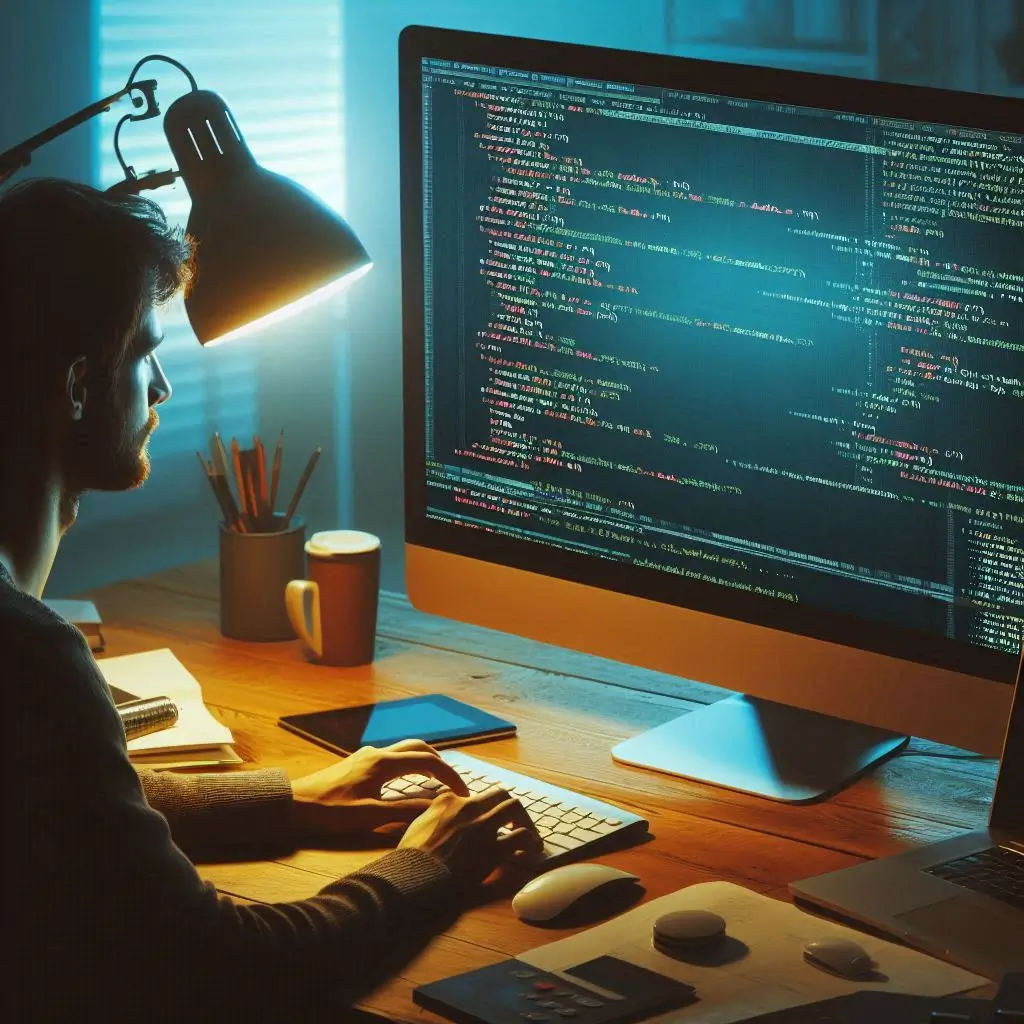Coding is a process of writing and editing computer code. It involves writing code in a programming language, which is a set of instructions that tell the computer what to do. The code is then compiled and executed by the computer, which produces the desired output. The process of coding can be challenging and time-consuming, but it is essential for anyone who wants to create something new or change the way things work. Here are some steps to get started with coding:
1. Choose a Programming Language
Selecting the right programming language is crucial. For beginners, Python is a great choice due to its simplicity and readability. If you're interested in web development, JavaScript is essential. Here’s a brief overview of a few popular languages:
- Python: Great for beginners and data science.
- JavaScript: Essential for web development.
- Java: Widely used in Android app development and enterprise environments.
- C++: Useful for game development and system programming.
2. Get the Tools You Need
You’ll need a text editor to write your code and a browser to test web-based code. Some popular text editors include Visual Studio Code, Sublime Text, and Atom. Ensure your browser is up-to-date for the best testing experience.
3. Learn the Basics
Start with the fundamentals of your chosen language. Understand variables, data types, control structures, loops, and functions. Online resources such as Codecademy, freeCodeCamp, and W3Schools offer excellent beginner tutorials.
4. Practice Regularly
Coding is a skill that improves with practice. Try to code every day, even if it’s just for a few minutes. Challenge yourself with small projects and gradually increase the complexity.
5. Join a Community
Join forums, attend meetups, or participate in online communities like Stack Overflow or GitHub. Engaging with others can provide support, feedback, and new ideas.
6. Build Projects
Apply what you’ve learned by building projects. Start with simple ones like a to-do list or a calculator and move on to more complex applications. Projects help reinforce your learning and build your portfolio.

7. Learn from Others
Study other people's code to see different approaches and techniques. Platforms like GitHub are great for finding open-source projects to explore.
8. Stay Updated
Technology is constantly evolving. Stay updated with the latest developments in your field of interest. Follow blogs, subscribe to newsletters, and participate in webinars or courses.
9. Debugging
Debugging is a crucial part of coding. It involves finding and fixing errors in your code. Learn how to use debugging tools provided by your IDE and browser to make this process easier.
10. Keep Learning
There's always more to learn. Expand your knowledge by learning additional languages, frameworks, and tools. Programming is a lifelong skill that requires continuous learning.
Conclusion
Starting to code can seem daunting, but with the right approach and resources, it can be a rewarding and enjoyable experience. Don’t be afraid to make mistakes—they are part of the learning process. Start today and take the first step towards becoming a proficient coder.